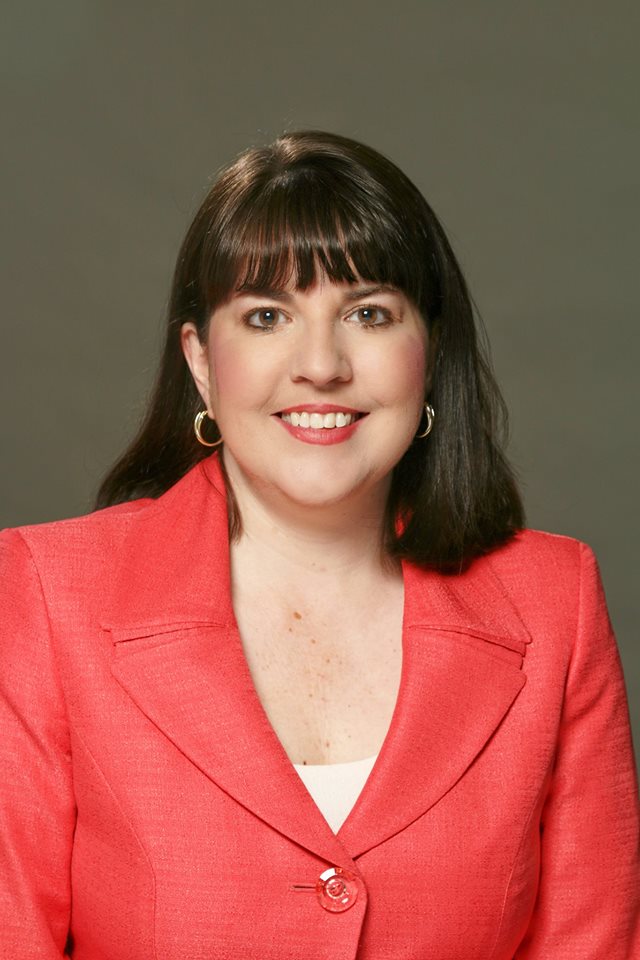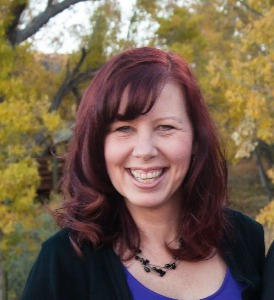
A new study sponsored by the Arthur W. Page Center and PRSA Board of Ethics & Professional Standards (BEPS) found that Millennial public relations practitioners do not feel prepared to offer ethics counsel and are unlikely to speak up when faced with ethical dilemmas. However, those who received ethics training through their employers or through PRSA and who had mentors were more likely to raise their concerns.
The findings are published in Public Relations Review, in an article titled “Silent & unprepared: Most millennial practitioners have not embraced role as ethical conscience.” The study was a joint faculty-practitioner collaboration between two members of BEPS, Marlene Neill, Ph.D., and Nancy Weaver, M.A.
The data was collected during PRSA’s Ethics Month in September 2016 through a survey distributed to approximately 1,500 members of PRSA’s New Professionals section, as well as PRSA members who had less than five years of public relations experience. A total of 290 practitioners started the survey (19% response rate) and 254 were eligible for the study based on their age.
Overall, Millennial practitioners indicated they did not feel prepared to offer ethics counsel. Only 30% who agree to strongly agree that they felt prepared to offer ethics counsel. In addition, only 25% agree to strongly agree that they are likely to provide ethics counsel.
Using statistical analysis, four factors were found to significantly impact Millennials’ perceptions of preparedness: mentors, ethics courses in college, employer-provided ethics training, and PRSA/PRSSA ethics training.
Key findings included:
- The majority of Millennial practitioners (74%) received ethics training in college either as an undergraduate or graduate student (or both)
- Only 21% indicated their employer provided ethics training
- Less than 14% participated in ethics training provided by PRSA or PRSSA
- The majority of the participants (68.8%) indicated they have a mentor with whom they could discuss ethical concerns
- 62% indicated they were comfortable discussing ethical concerns with their immediate supervisor
Ethics education should be provided in the workplace as this study provided evidence of the connection between employer ethics training and perceptions of preparedness. Although companies could develop their own resources, they may find materials and programs offered through professional associations such as PRSA to be an efficient and effective solution.
In addition to continuing education opportunities in the workplace, employers should encourage practitioners from the Millennial and subsequent generations to connect with senior practitioners within and/or outside the company with whom they can discuss ethical challenges. Some professional associations do offer mentoring programs and Millennial practitioners should pursue those opportunities and encourage their chapters to create these programs where they do not exist.
 Dr. Marlene S. Neill is an assistant professor at Baylor University. She received her Ph.D. in advertising from the University of Texas at Austin. She previously worked for almost 12 years in government and nonprofit public relations. Her research focuses on public relations management, integrated communication, and ethics.
Dr. Marlene S. Neill is an assistant professor at Baylor University. She received her Ph.D. in advertising from the University of Texas at Austin. She previously worked for almost 12 years in government and nonprofit public relations. Her research focuses on public relations management, integrated communication, and ethics.
 Nancy Weaver is the internal communications manager at The Cosmopolitan of Las Vegas. She received her M.A. in strategic public relations from George Washington University and has worked for more than 20 years in various sectors of public relations, including marketing com
Nancy Weaver is the internal communications manager at The Cosmopolitan of Las Vegas. She received her M.A. in strategic public relations from George Washington University and has worked for more than 20 years in various sectors of public relations, including marketing com



